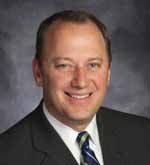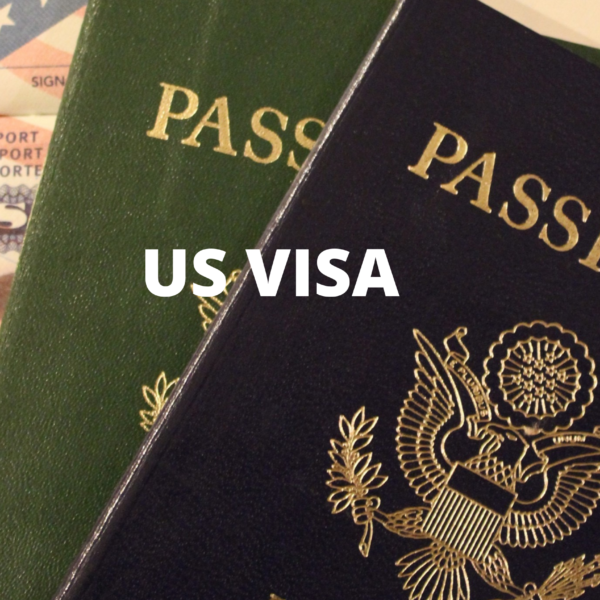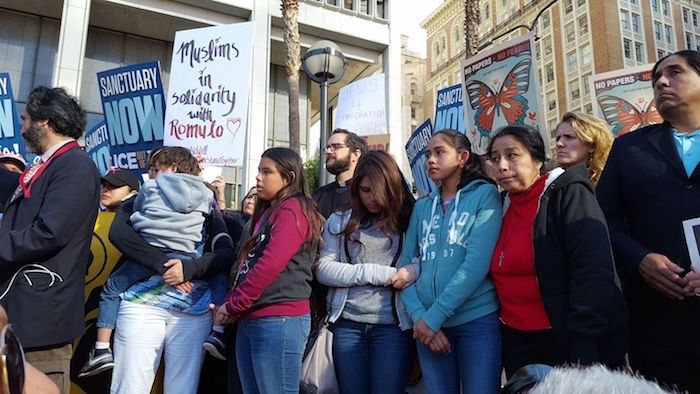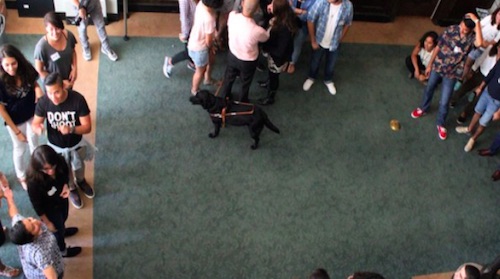CONGRATULATIONS, FOREIGN GRADUATES!
TIM, Immigration, David R. Fullmer, Attorney at Law
 Last weekend one of my law clerks graduated from Loyola Law School here in Los Angeles. This being the same law school I graduated from fourteen years ago, she asked me if I had any advice for the ceremony. “Wear sunscreen,” I immediately told her. Each year Loyola holds its commencement ceremony outdoors at high noon on a shade-less field, perhaps as a final test of endurance for future attorneys. Apparently my advice was taken; my clerk arrived at work today with only the faint outline of her graduation cap burned into her forehead. Many of her classmates, she reported, weren’t as fortunate.
Last weekend one of my law clerks graduated from Loyola Law School here in Los Angeles. This being the same law school I graduated from fourteen years ago, she asked me if I had any advice for the ceremony. “Wear sunscreen,” I immediately told her. Each year Loyola holds its commencement ceremony outdoors at high noon on a shade-less field, perhaps as a final test of endurance for future attorneys. Apparently my advice was taken; my clerk arrived at work today with only the faint outline of her graduation cap burned into her forehead. Many of her classmates, she reported, weren’t as fortunate.
This spring graduates across the country will be asking their mentors, their professors and their family members for advice – and they’ll be listening intently to their responses. With the slow economy and challenges in the job market, good advice is more valuable than ever these days.
Foreign graduates face all of the challenges of other graduates, and then some. The U.S. visa process can be daunting, but hopefully I can offer you some advice as you look toward the future.
HOMEWARD BOUND. For some of you, going back to your home country or to other destinations abroad will be an attractive option. In this increasingly globalized world, the value of a U.S. education is universal. I hope you enjoyed your stay in the U.S., and I hope that you come back in the future – either as a visitor to catch up with the friends you made here, or as a returning professional coming back to enrich us with your life and work experience.
My advice for you is to keep in touch with your professors and classmates here in the U.S. Not only are they cherished friends, but in the future they may be sources of character reference letters, job referrals or moral support as you move through life. Who knows, the guy who sat next to you in your 7:15am lab may someday be somebody important.
OPTIONAL PRACTICAL TRAINING, or “OPT”. For those of you who choose to stay in the U.S. and contribute to our economy, my first piece of advice is to visit your school’s DSO (Designated School Official) to see if you are eligible for Optional Practical Training.
OPT is one year of work authorization granted to foreign students. If you are eligible, your DSO can issue a recommendation that you be granted OPT. Use this recommendation to apply to USCIS for an “employment authorization card” (EAD card) on form I-765 (available at www.uscis.gov). Do this early, because generally you cannot begin work until the date indicated on your EAD card. Also, while you are on OPT, remember to report any change of name or address, or any interruption of your employment to the DSO.
OPT, NOW WHAT? I hope your first job here in the U.S. is a great experience, and I hope you prove to be a valuable employee. Assuming everything goes well, don’t wait until your year of OPT is almost up to discuss the next few years with your employer. It might feel odd to a new grad to sit down face-to-face with your manager and ask for help planning your future with them (after all, you haven’t even been there one year), but it’s a necessary discussion. If your employer has worked with foreign grads before, he or she may already be familiar with the most common nonimmigrant employment visa option available to you: the H-1B
The H-1B allows U.S. employers to temporarily employ foreign workers in specialty occupations. According to the regulations, this means an occupation “requiring theoretical and practical application of a body of highly specialized knowledge.” Some examples include architecture, engineering, mathematics, physical sciences, social sciences, biotechnology, medicine and health, education, law, accounting, business specialties, theology, and the arts. The H-1B requires a minimum of a bachelor’s degree. It’s good for three years at a time, and can be renewed for a maximum of six years total.
Remember that the H-1B is specific to the petitioning employer – if you decide or need to change jobs, you’ll need the new employer to petition you for a new H-1B. Also, be warned that there is a limited number of H-1Bs available per year (65,000, with some special exceptions and exemptions). In some years, USCIS has run out of H-1Bs on April 1st, the first day H-1Bs are available. That hasn’t been the case in the past couple of years; still, if you are a motivated grad, you should work with your employer ahead of time in order to prepare and submit your H-1B petition by April 1st. If your petition is selected and approved, you’ll be able to begin working on your new H-1B on October 1st. There are special rules that allow you to extend your OPT until October to fill in the “gap” in employment authorization.
If the H-1B isn’t right for you, don’t be afraid to strike out on your own and contact an immigration attorney to look into other options available. For example, are you ready to put your money where your mouth (or rather, your diploma) is and start a business in the U.S.? If you’re 1) able to invest a substantial amount, 2) from a country that the U.S. has a treaty with, and 3) if your business enterprise is one that can have a significant impact on our economy, you may be eligible for an E-2 Investor visa. Or, if you have “extraordinary ability” in the sciences, arts, education, business, or athletics which has been “demonstrated by sustained national or international acclaim,” you may qualify for an O-1 visa (it’s rare for new grads, but it is sometimes possible).
HOME IS WHERE YOU MAKE IT. Finally, some of you may eventually decide to put down roots in the U.S. and make this your permanent home. If things continue to go well with your employer you may wish to discuss lawful permanent residence, or a “green card,” through employment. As with your OPT, don’t wait until the last minute to make plans – for instance, if you’re on an H-1B, you have a maximum of six years here in the U.S. The green card process can take several years – talk with your employer while you are in the fourth, third, or even second year of your H-1B stay. If you are on any other type of visa, make sure to talk with an attorney as soon as you feel that you might want to stay permanently in the U.S. A little bit of planning now can save a lot of trouble in the future.
So, good luck class of 2010. I hope you eventually reach your destinations, wherever they may be. Enjoy the journey, wherever it takes you, and above all: remember to wear sunscreen.
Disclaimer: Nothing on these pages should be taken as legal advise for any individual case or certain situation. The information is general and should not be relied on upon for any specific situation. For legal advice, please contact one of our attorneys at www.usworkvisa.com
All content is copyrighted by IVENER & FULLMER LLP 2008. All rights reserved. No portion of this article may be duplicated without permission. Services relating to immigration and naturalization provided by Ivener & Fullmer LLP are provided by active members of the State Bar of California or by a person under the supervision of active members of the State Bar of California.





